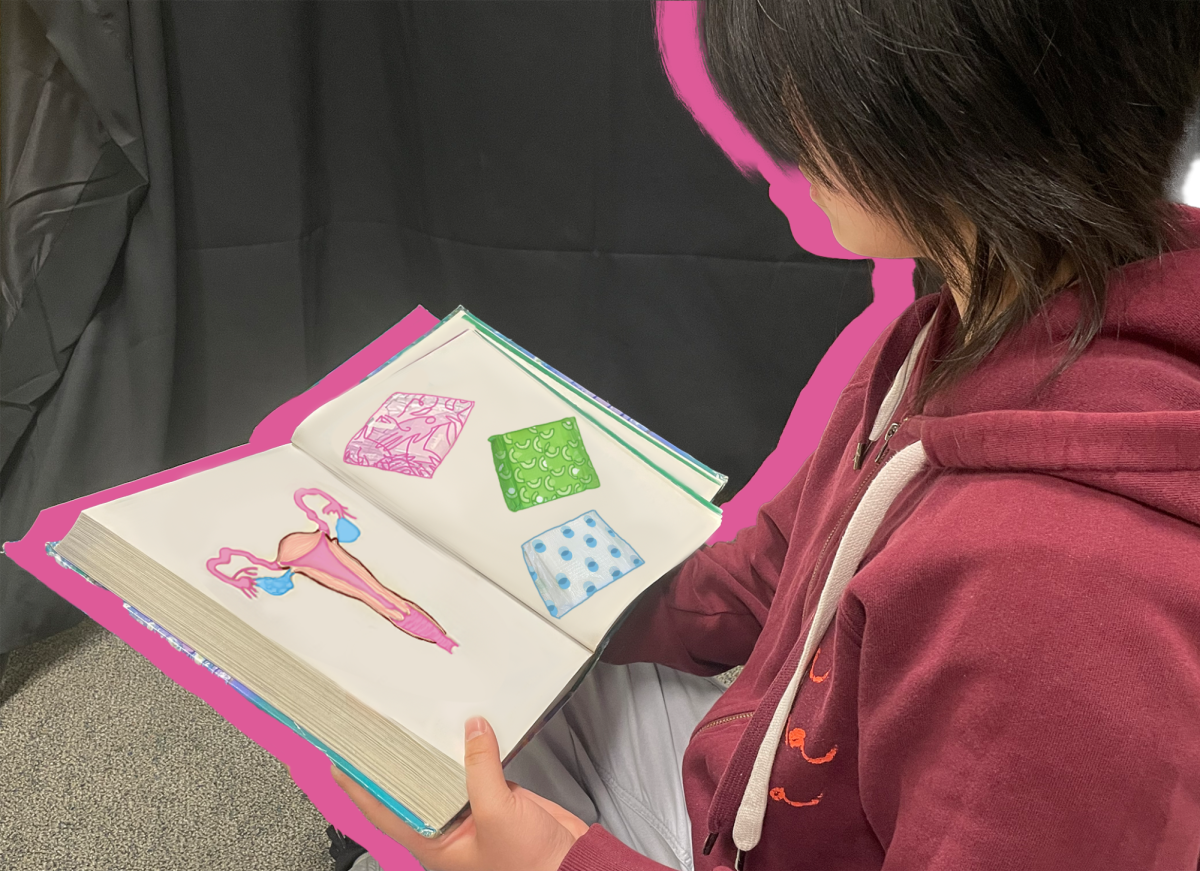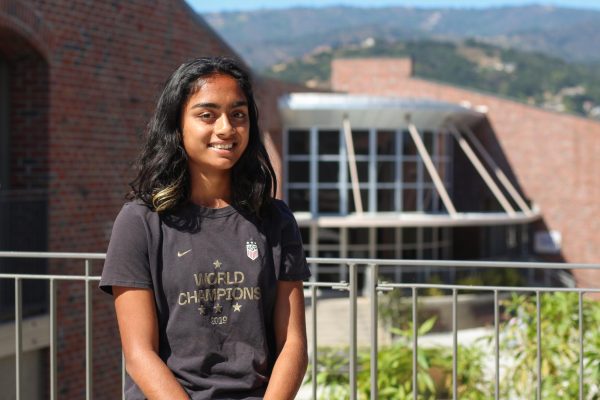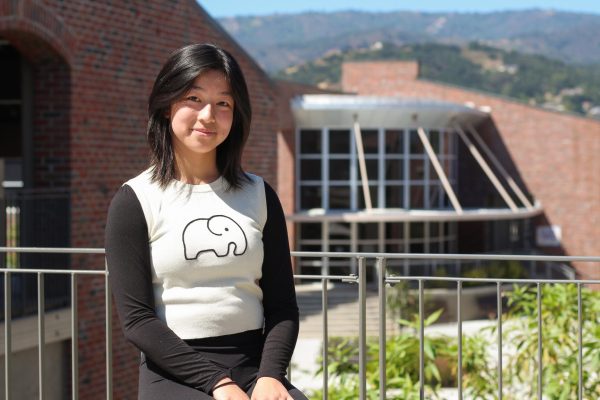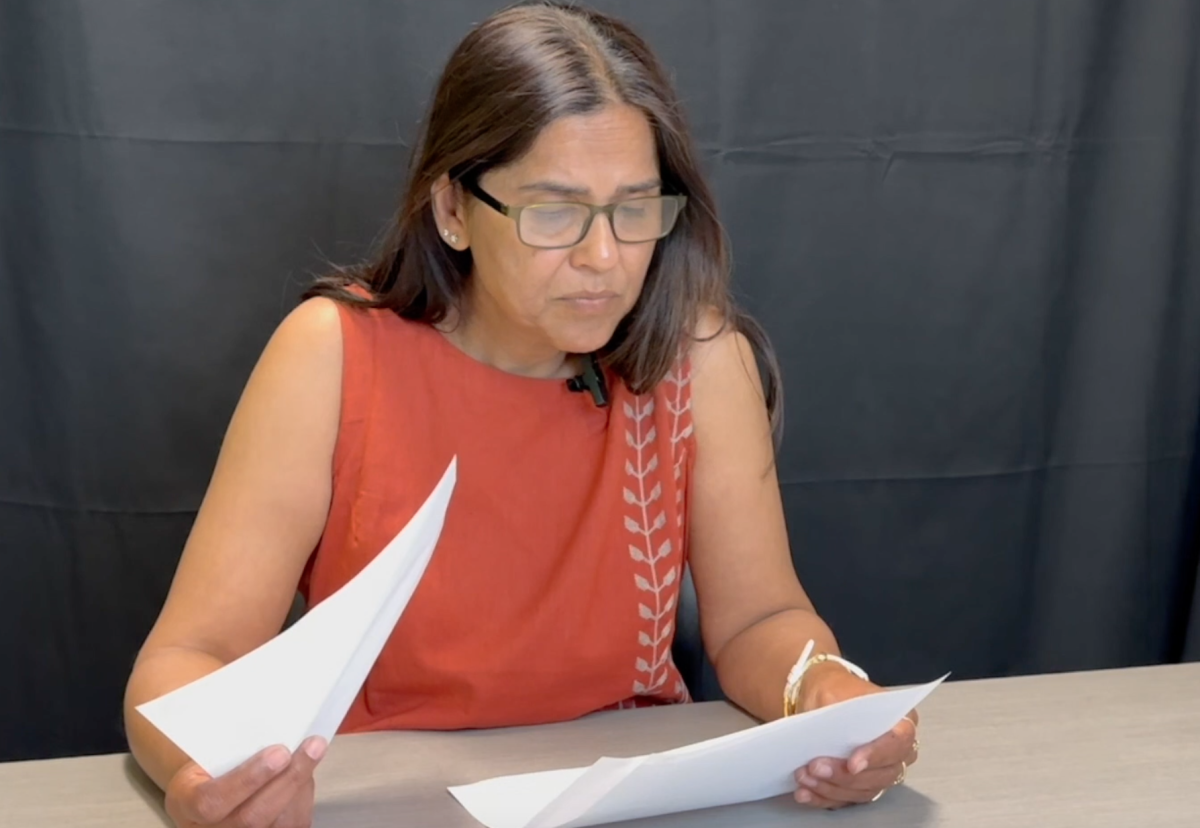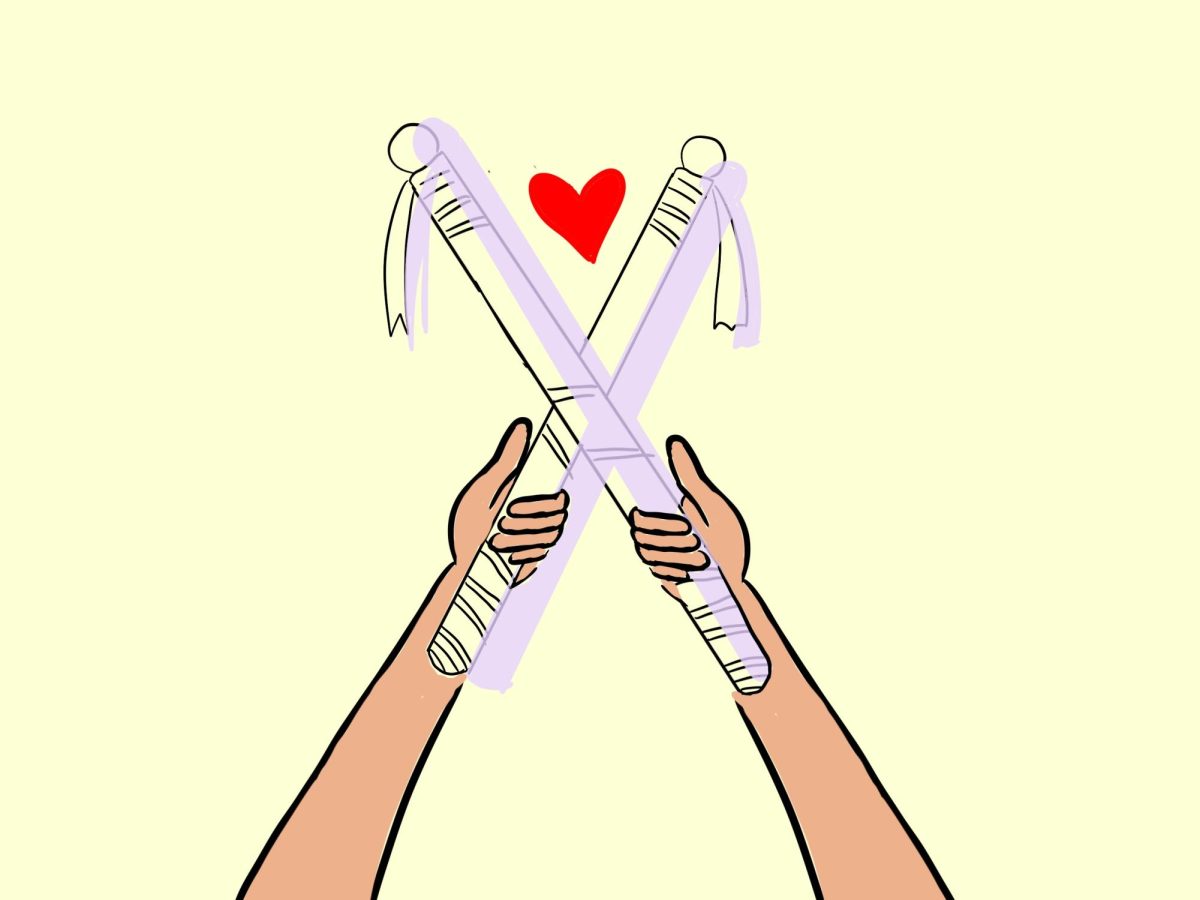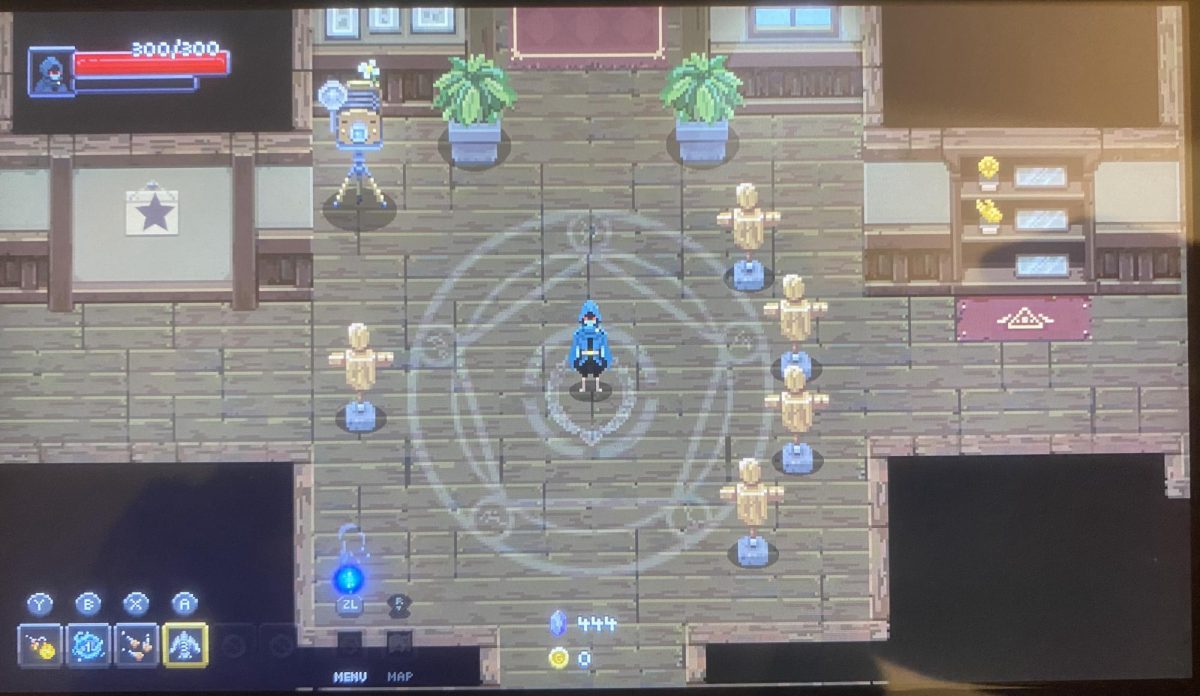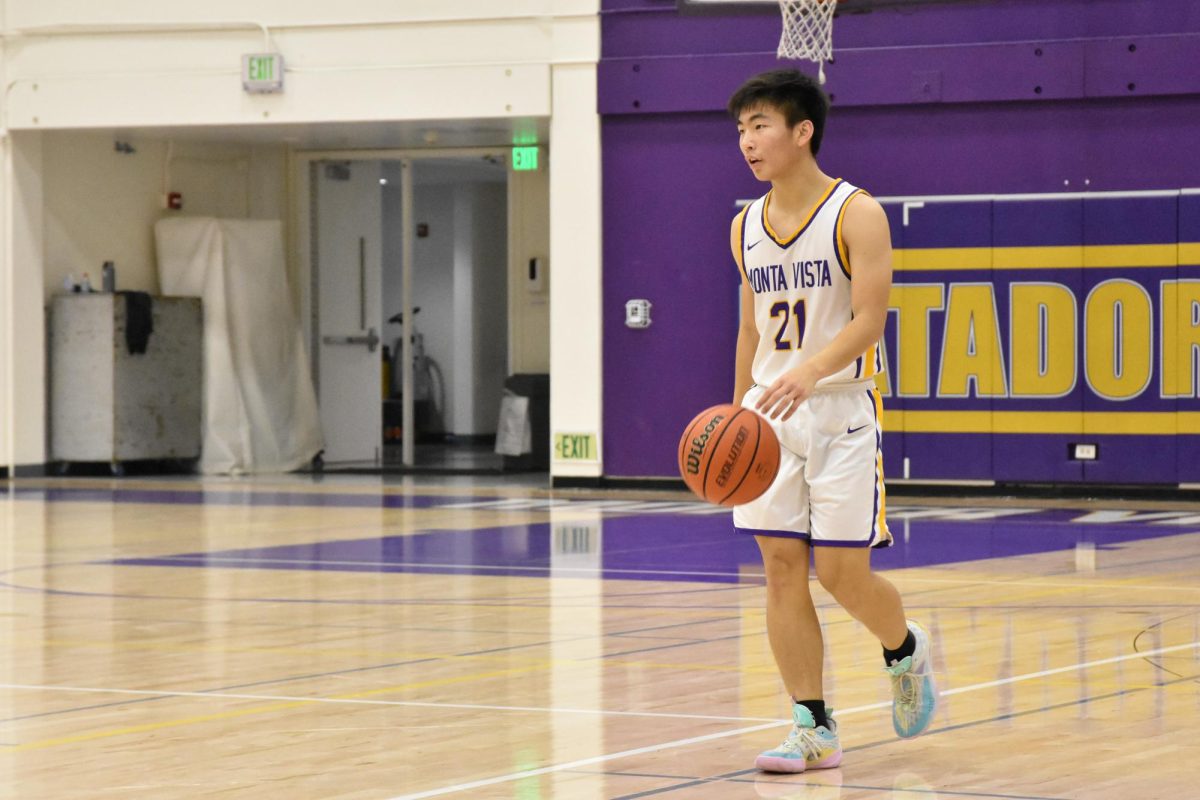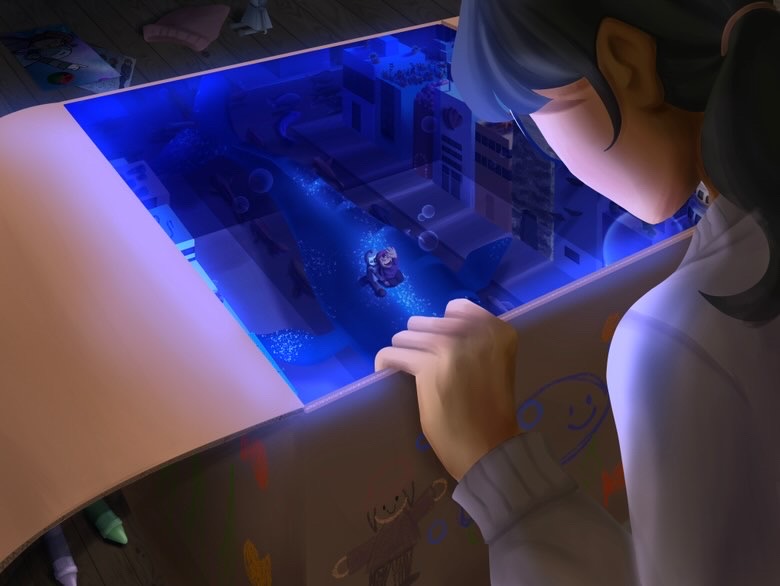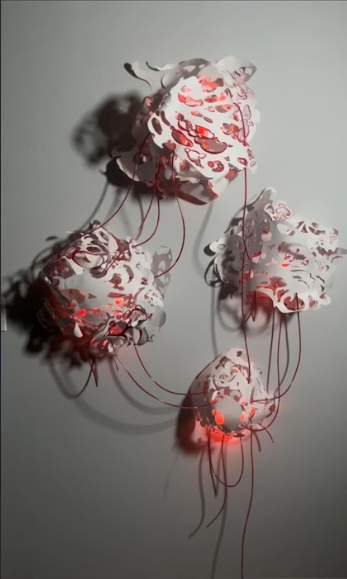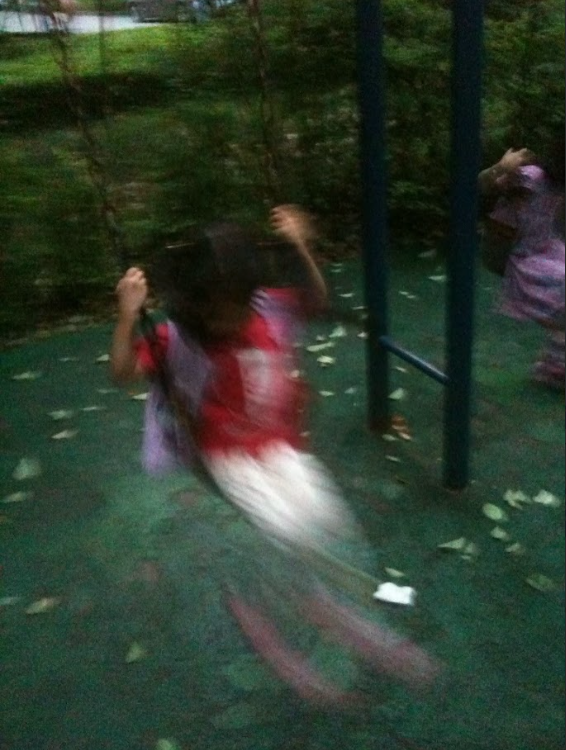Your first period is a difficult one to forget. Whether you were excited at the sign of growth and womanhood, plagued by fear at the bleeding, or simply exasperated by its inconvenience, menstruation likely marked the start of a tedious monthly process for you. If you were lucky and had already received a “period talk,” perhaps you were prepared — your thoughts may have immediately run to questions such as “Can you check me?” and “Do you have an extra pad?” For those who have never received such a talk, you were likely surprised, or maybe even scared when you had your first period. And that needs to change.
A problem arises when initial conversations about periods are only limited to those who menstruate. Allowing those who do not menstruate to learn from friends, the media or potentially unreliable sources encourages sexist jokes and the dismissal of periods as a “girl problem.” To fix these issues, we must implement sexual education curricula in elementary school that teach students both about the physical changes their bodies may experience and how students, whether they menstruate or not, should react to periods in a manner that does not perpetuate a stigma.
California state legislation currently mandates that students receive sex ed and HIV-prevention education at least once in middle school and once in high school, defining comprehensive sex ed as “education regarding human development and sexuality, including education on pregnancy, contraception and sexually transmitted infections.” For many MVHS students, the “Human Growth and Development” (HGD) program at Kennedy Middle School was their first experience with sex ed. While both the HGD program and the freshman Biology sex ed unit do a thorough job of covering topics such as consent and STDs, periods are rarely mentioned in depth before middle school begins. For schools to fully cover “education regarding human development” as they claim they are mandated to, formal education about periods must be implemented into curricula far earlier than middle school.
Unfortunately, some states are making waves in the opposite direction. Florida passed House Bill 1069 in July 2023, restricting sex ed and menstrual education for children below sixth grade. Also known as the “Don’t Say Period” bill, it has sparked outrage across the country. University of Florida freshman Isana Schroder, an educator with Planned Parenthood’s LIGHT program, commented in an article in 2023 that, “Sex education should be both medically accurate and developmentally appropriate. Moving sex education up to sixth grade, limiting the ability to talk about it and limiting the materials you use to talk about it cannot have a positive outcome.”
Schools must prepare kids for the world around them, and starting conversations about periods early does exactly that. Children are experiencing puberty at progressively younger ages, starting as early as 9-11 years old, with 22% of MVHS students experiencing their first period before the age of 11. Students in third grade may already be having periods every month, but despite this, only 21% of elementary schools currently provide puberty education. Receiving menstruation education after students have their first periods diminishes the effectiveness of learning the content, as many of those who menstruate may have taught themselves already. Not only that, but students may experience jokes about their periods that they do not understand, which could cause long-term damage to their psyches.
Students must learn about the variety of period products available for them to use, different techniques to manage period cramps, mood swings and stress and how to deal with menstrual accidents, such as bloodstains on clothing and bedsheets. They can learn about women’s health conditions such as PCOS, endometriosis and breast cancer, what to do if they miss many periods in a row or if their period doesn’t stop and how to handle a period that is too heavy or too painful.
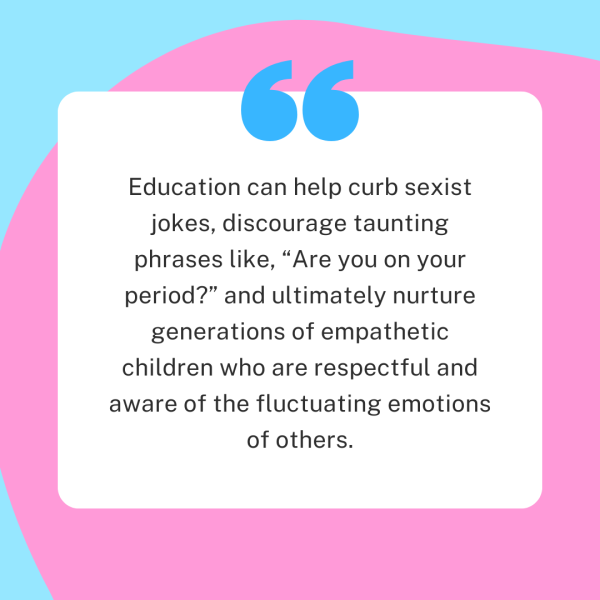 Early education eases some of the awkwardness and confusion children may experience when their periods first start. Teaching also ensures students are well-equipped to handle period cramps and mood swings, positively impacting everyone, even those who do not menstruate. Education can help curb sexist jokes, discourage taunting phrases like, “Are you on your period?” and ultimately nurture generations of empathetic children who are respectful and aware of the fluctuating emotions of others.
Early education eases some of the awkwardness and confusion children may experience when their periods first start. Teaching also ensures students are well-equipped to handle period cramps and mood swings, positively impacting everyone, even those who do not menstruate. Education can help curb sexist jokes, discourage taunting phrases like, “Are you on your period?” and ultimately nurture generations of empathetic children who are respectful and aware of the fluctuating emotions of others.
Furthermore, implementing period education courses in school can be a powerful and effective way to introduce students to various social issues. They can offer a chance for students to learn about existing disparities in access to reproductive healthcare for women, especially women of color and historically disadvantaged groups. Raising awareness about these issues across all genders is the first step to fixing them. Finally, truly comprehensive period education courses can teach students to be inclusive to the LGBTQ+ community by acknowledging that not everyone who menstruates is female-identifying or a girl.
Adding comprehensive period education courses into elementary and middle school curricula is a crucial step in preparing those who menstruate for their period and how to respond to any menstrual health issues they may face. But its impacts can extend far beyond menstruation: it can serve as a powerful tool to teach students about empathy, as well as a way to start conversations about gendered social issues and stigmas. After all, sex ed has only truly fulfilled its purpose when students are aware of how to perceive their developing bodies and are kind to others’ developments as well.





